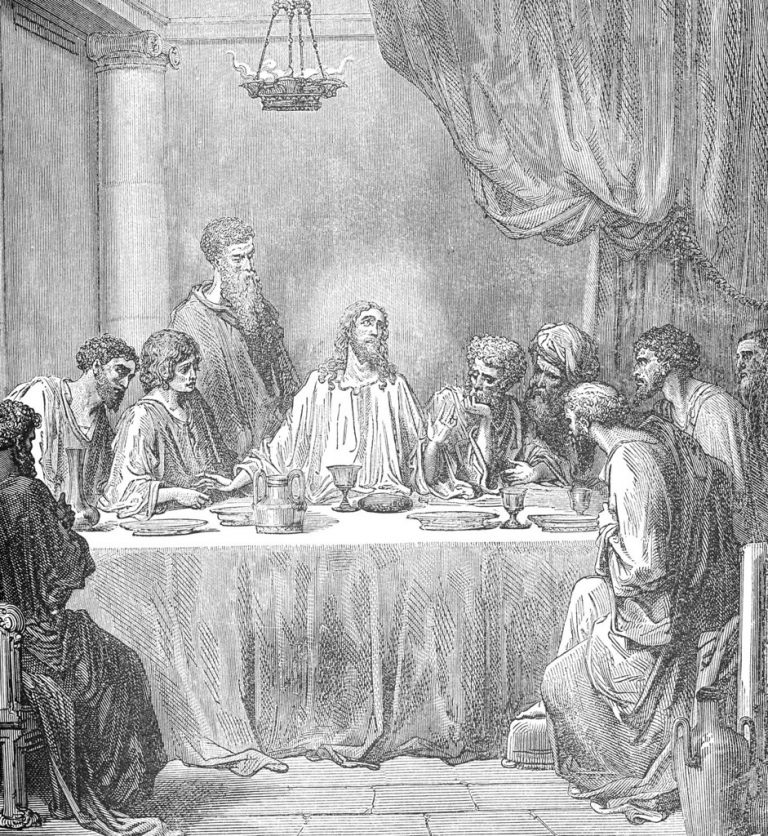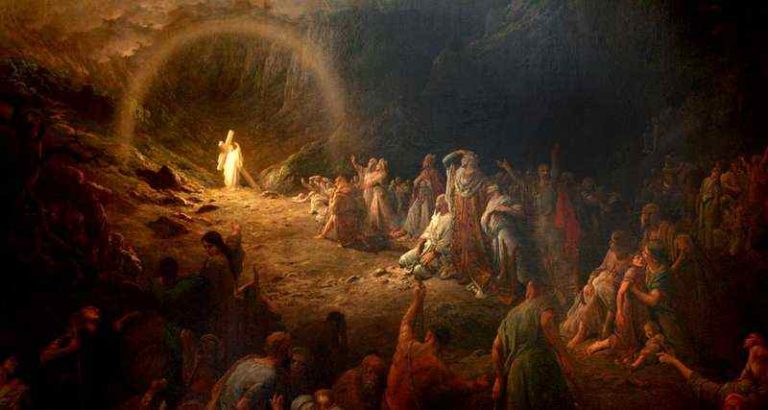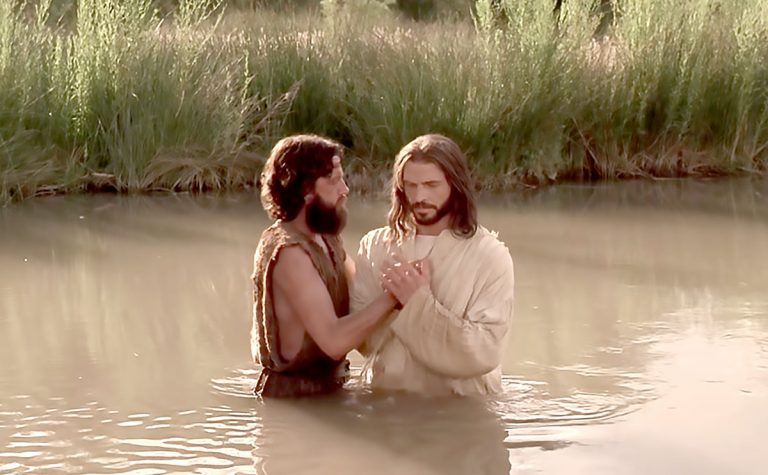Did Jesus Drink Water When He Was Fasting for 40 Days?
Fasting is a common practice in Christianity and other religions. It is a time for spiritual reflection and sacrifice during which a person doesn’t eat or do other things for a certain amount of time.
In Christianity, fasting is often associated with Lent and the period leading up to Easter. One of the most well-known examples of fasting in the Bible is Jesus’ 40-day fast in the wilderness, which raises the question: Did Jesus drink water during his fast?

The Importance of Water in Fasting
Before we answer that question, it’s important to understand the importance of water in fasting. Water is essential for life, and it plays a critical role in the body. It helps regulate body temperature, transport nutrients, and waste, and maintain proper organ function.
During fasting, the body is deprived of food and, as a result, begins to break down stored energy sources such as fat. This process produces waste products, which must be eliminated from the body through urine and sweat. Without enough water, these waste products can build up and cause health problems.
Therefore, it’s crucial for individuals who fast to stay hydrated. Water is the best choice for hydration as it contains no calories, sugars, or other additives that may break the fast. However, the amount of water needed during fasting may vary depending on the individual’s health status, the climate, and the length of the fast.
The Bible’s Account of Jesus’ Fast
The Bible recounts that after being baptized by John the Baptist, Jesus went into the wilderness to fast for 40 days and 40 nights. During this time, he was tempted by Satan but refused to succumb to temptation. The biblical accounts of Jesus’ fast in Matthew 4:2, Mark 1:13, and Luke 4:2 all mention that he ate nothing during this time.
However, the Bible does not specifically mention whether Jesus drank water during his fast. Some argue that Jesus would have needed to drink water to survive for 40 days, while others believe that Jesus’ divine nature allowed him to go without water.
Scientific Understanding of Water Consumption During Fasting
To better understand whether Jesus drank water during his fast, it’s helpful to examine what modern science has to say about water consumption during fasting. Research has shown that the body’s water needs may change during fasting. During the initial stages of a fast, the body may lose water as it burns through glycogen stores.
However, after a few days of fasting, the body enters a state of ketosis, where it begins to burn fat for fuel instead of carbohydrates. This process produces ketones, which help to suppress hunger and thirst.
Therefore, some individuals who fast for extended periods may be able to go without water for several days without experiencing severe dehydration. However, this is not recommended for most people and can be dangerous without medical supervision.
The Tradition of Fasting Without Water in Christianity
In some Christian traditions, fasting without water is seen as a more intense form of sacrifice and devotion. For example, Eastern Orthodox Christians fast for 40 days before Easter. For the first three days of this time, they don’t eat or drink anything. Similarly, some Catholic and Protestant communities also practice fasting without water.
However, this is not the only interpretation of fasting in Christianity. Some Christian traditions encourage abstaining from only certain foods or activities instead of giving up everything, while others focus more on the spiritual benefits of fasting than on physical sacrifice.
Possible Explanations for Jesus’ Fasting Without Water
So, why did Jesus choose to fast without water? There are several theological and spiritual interpretations of Jesus’ fast. Some believe that Jesus’ divine nature allowed him to go without water, while others argue that his fast was a form of self-sacrifice and devotion
to God. Additionally, some scholars suggest that Jesus’ fast was a symbolic representation of Israel’s 40-year wandering in the wilderness.
Another possible explanation for Jesus’ fasting without water is that he wanted to demonstrate the power of faith and spiritual discipline. By refusing to give in to physical needs, Jesus showed that he could overcome the temptations of the flesh and focus on his spiritual mission.
The Practical Implications of Jesus’ Fasting Without Water
Whether or not Jesus drank water during his fast, his example of self-discipline and devotion has inspired Christians for centuries. Christians today can learn from Jesus’ fast by applying the principles of spiritual discipline and sacrifice to their own lives.
One practical application of Jesus’ fast is to use fasting as a way to deepen one’s spiritual practice. By abstaining from food or other activities, individuals can focus their attention on prayer, meditation, or other spiritual practices. This can help individuals to connect with God and strengthen their faith.
Another practical application of Jesus’ fast is to use it as a way to build self-discipline and self-control. By practicing fasting, individuals can learn to overcome the temptation to indulge in physical pleasures and instead focus on their spiritual goals. This can lead to greater mental and emotional resilience and a stronger sense of purpose.
Conclusion
In conclusion, the question of whether Jesus drank water during his 40-day fast remains a subject of debate among scholars and theologians. While the Bible does not provide a clear answer, it is clear that water is an essential component of fasting for most people.
Christians today can learn from Jesus’ fast by applying the principles of spiritual discipline and sacrifice to their own lives. Whether through fasting, prayer, or other spiritual practices, individuals can deepen their faith and connect with God in a meaningful way.

Sangtea Hmar is a passionate leader of the Youth Christian Fellowship at the Electric Vengthlang Presbyterian Church in Aizawl, Mizoram, India. He is the owner of Christiantone.com and is committed to spreading the word of God. He loves to mentor youth and help them grow in their faith.






